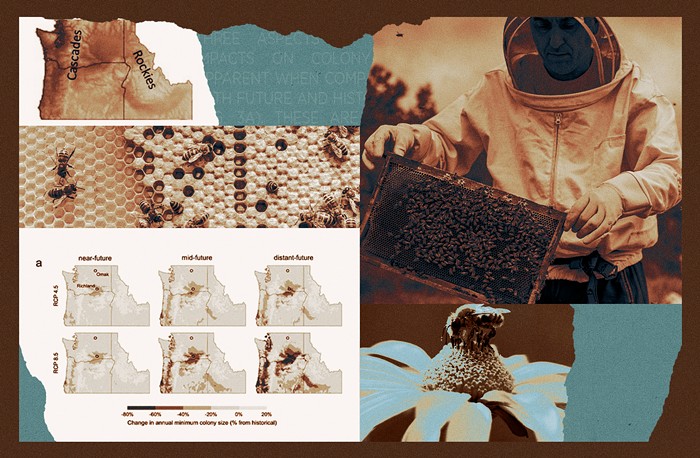
What is the root of the current obsession with Hillary Clinton's health? One way to think about it is to return to the result of the 1960 presidential election.
Richard Nixon lost a very close race to John F. Kennedy. Why? It is not original for a historian to point a finger directly at the bacteria that infected Richard Nixon's knee. The bugs made him limp. They hospitalized him. Nixon was seen in a hospital bed with pajamas on. Being seen in this way, the argument goes, lost Nixon some crucial votes. Why? And why might some, in the worst future imaginable, see Clinton's health episode on September 11 as the reason for Trump's victory? What is the deep structure of this preoccupation with the health (and clearly not the mental health) of candidates? I think it is because presidential races have, until this year, been entirely between men. And men, who have conditioned the values, images, and terms of this political competition, have a thing about health that makes no sense with our times but possibly did in the distant past.
The famous primatologist Frans De Waal suggests in his book Our Inner Ape: The Best And Worst Of Human Nature that the reason why men visit doctors less frequently than women can be explained be observing sick chimps. When a high-ranking male of this kind of ape is injured or is suffering from some pain, he is quick to hide it when in the presence of other males—he walks and looks just fine. But as soon as he is alone, or with females, the truth, the limp or suffering, becomes visible again. The reason for the performance: Signs of weakness are dangerous to an alpha male. If seen as ill, he risks being attacked by a confident male and losing limbs, life, and power.
The crucial passage from De Waal's book:
[I]t’s no wonder that in modern society men go to the doctor less often than women and have trouble revealing their emotions even with an entire support group egging them on. The popular wisdom is that men have been socialized into hiding emotions, but it seems more likely that these attitudes are the product of being surrounded by others ready to seize any opportunity to bring them down. Our ancestors must have noticed the slightest limp or loss of stamina in others. A high-ranking male would do well to camouflage impairments, a tendency that may have become ingrained. Among chimpanzees it’s not unusual for an injured leader to double the energy he puts into his charging displays, thus creating the illusion of being in perfect shape.
What to make of all this? To begin with, we are not chimps, whose form of sociality is centered on strong males. The human is the animal that's very dependent on other humans. Dependence is our mode of sociality, not independence. If the gravity of our form of sociality was physically powerful men, we would probably have ended up with the same weak kind of sociality that characterizes chimps. (I will leave an analysis of bonobo sociality for another post.)
Humans are weak; we need others. It is this weakness that, in the past, led to a social form that in complexity and richness and power even surpasses the eusocial insects. This business of valuing strength and virility is not consistent with who we are now but what we might have been in the deep past. It is atavistic and even harmful. We need to value our leaders in the terms of what makes not men great among men but what makes our sociality exceptional. Hillary is more human than Trump.















